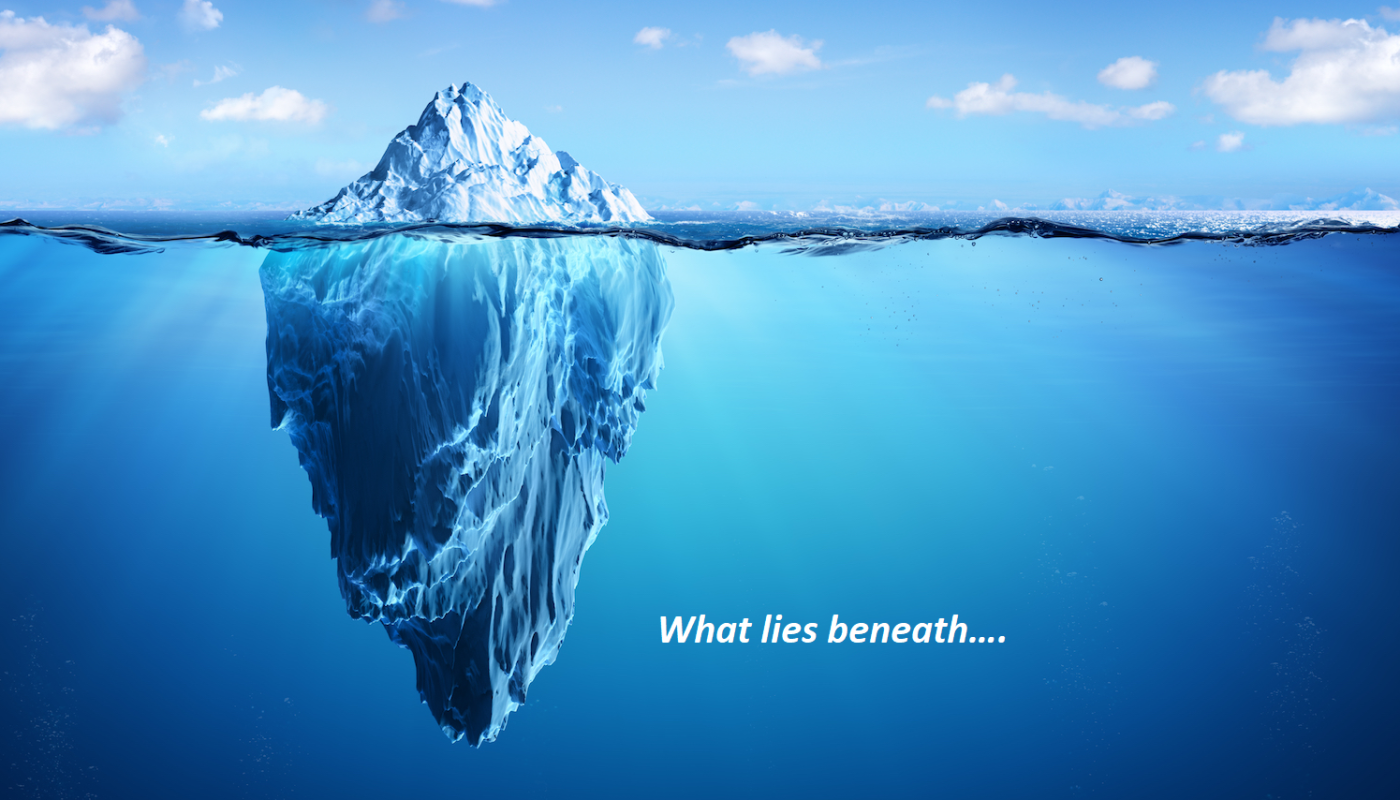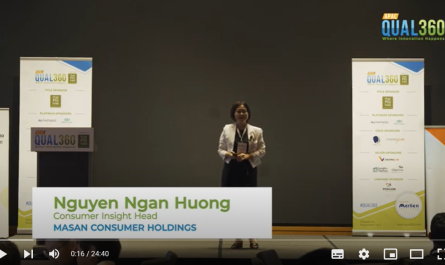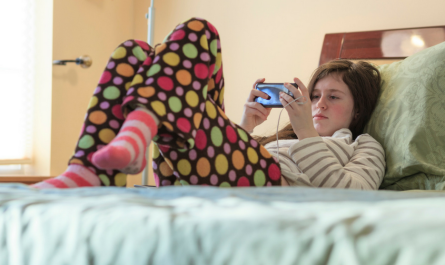If something has been bullish amidst these unprecedented times, then it is opinions – big, small, in all shapes and forms, isn’t it? How will the consumer change? What direction will their purchases and consumptions take? What will shape their behaviour? However, in the myriad of consumer sentiments floating all around us a thought always lingers:
‘Do consumers mean what they say, and say what they actually do?’
Well that’s a big question that most traditional quantitative researches have failed to answer and have always come back to, to rely on Qualitative judgement which we often know is suggested as subjective. Does it ring a bell? Surely it does, and often we ask: Is there a way to go beyond this projection bias? We had our fair reasons to believe that, if we were to de-layer the stated, by going beyond the conscious level of associations, we could get what we love to call the consumer realities/ truths!
So, the InQognito nerds set out, creating an interesting abridged methodology – integrating traditional quantitative surveys with an Implicit Game (ImpliSinQ) and Qualitative tele-depths to layer the sentiment and uncover the context. What implicit testing does, is that it unearths the subconscious associations between mental representations of objects (concepts) in memory, and brings forth strongly etched beliefs often translating into actual behavioural change, thus going beyond perceptual.
THE SENTIMENT
We connected with 2000 Indian consumers across tiers and social-economic classifications via a web-based survey, however with a twist – we embedded it with an Implicit Association Game (based on Applied Neuroscience) and Qualitative reasoning.
What we have found is that whilst most explicit data (survey) told us that consumers are likely to resort to restrictive movement, and leisure travel would be one of the most adversely impacted (88% of respondents claimed to either have cancelled their trips, or chosen to drive down, or not wanting to fly for next 6 months) – nothing startling there really! 99% of surveys on COVID impact tell us the same!
VOILA! THE REVELATION
However, what was startling to see is that the subconscious associations with travel and flying weren’t as distraught.
 We found stronger associations that the consumers made with travel per se. However, the means of those seem to be shifting, for instance, road travel being the highest there – a matter of time, that we see those long road trips back again! Or flying, whilst most would opine that it may remain subject to absolutely necessary or business travel, there is a fair amount of resonance with leisure and even international travel — not as bad as we thought — doomsday is still away!
We found stronger associations that the consumers made with travel per se. However, the means of those seem to be shifting, for instance, road travel being the highest there – a matter of time, that we see those long road trips back again! Or flying, whilst most would opine that it may remain subject to absolutely necessary or business travel, there is a fair amount of resonance with leisure and even international travel — not as bad as we thought — doomsday is still away!
Surprised? Yeah, so were we, and we dug up more for context, being nosey qualitative researchers as we are. Travelling was perhaps one of the closest life aspirations, COVID -19 took away with restrictive living, and social distancing creating a void, it gave consumers a heightened sense of YOLO, exhibited strongly at the subconscious level.
YOU MIGHT ALSO LIKE: Impact of Social Distancing on Consumer Behavior
Albeit when explicitly asked, the rational mind steps in and averts this choice. As it doesn’t seem right to make amidst the crisis and perhaps ought to be last on my list! This opened our minds to believe that what we see as stated sentiments exhibited across, are probably more immediate knee jerk reactions and not perhaps, not as indicative of a long-drawn behaviour change, impact of which can only be seen in months to come. However, looking deeply at subconscious level data, we can make those predictions much faster and accurately to help businesses gear up to create their ‘new normal’ and surely there’s a lot between the spoken and meant. So, next time, do you know where to dig and go beyond the stated?













